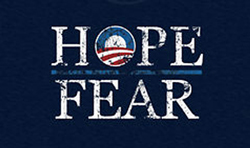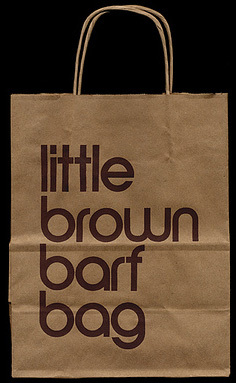There is no shortage of evidence that the earth is burning, flooding, asphyxiating and dying. 9 out of 10 dentists agree that something has to be done or our children (or their children) will inherit a planet that cannot support the population. The jury is no longer out, a consensus has been reached, and almost by definition if you are reading this you are aware of the issues. It is also likely that you have made some steps in your life to be more “green” but are probably only about 10% of the way there, if that. This is true for me too. So the question that is coming up now is; how come even those people who are armed with all the information are still not radically changing their behavior and demanding that others do the same?
This is THE question – and a lot of leading edge thinkers are starting to address. It is slowly (very slowly) dawning on all of us that climate change is actually about behavorial change, not a plethora of alarming information. People talk a lot about how they can “adapt” to a lifestyle with less of the physical and informational stuff that swirls around us all the time, but the fact is we’ve actually “adapted” this soup we are swimming in – for the last 10,000 years of human history we’ve had nothing even remotely approaching the level of luxury and information access that the average non-third-world citizen enjoys. So really, haven’t we adapted to this?
Ethan often talks about the relevance of Buddhism to 21st Century Life, particularly in his book
One City: A Declaration of Interdependence. Our world is so physically and informationally interdependent now, yet most people still function with set of culturally created attitudes that are from from interdependent. His point is that Buddhism offers a set of tools that allow us to change our behavior out of realization, rather than changing our behaviors only when confronted with physical evidence of our poor choices – war, famine, broken economies, polluted rivers. I’m reading
Brad Warner’s very intimate and wonderful new book
Zen Wrapped In Karma Dipped in Chocolate in which Brad states plainly that Buddhism will be a major part of unravelling the mess we find ourselves in. And Daniel Goleman, recently interviewed by Ethan, makes the case in his new book
Ecological Intelligence that given the right kind of technology and information access, people will be empowered to make choices with the full knowledge of their impact on people and the planet. There’s a lot of thinking around the issue of behavior modification on a mass scale, and no one has the “right answer”. I do know that the teachings and practice of Buddhism are invaluable and require no new technology to implement. Our Integral Activism project at the IDP is a great introduction to how the techniques of Buddhism can be applied to 21st century politics to create meaningful change.
I wonder if we as a species are so lax in making true, planet-altering changes to our behavior (beyond light bulbs and plastic bags) because technology has “bailed us out” so often in the past? Are we all collectively holding our breath, figuring that government and industry will come to the rescue? Do we not mind that we are walking the plank because in our hearts we believe that somehow the plank will get perpetually longer?

